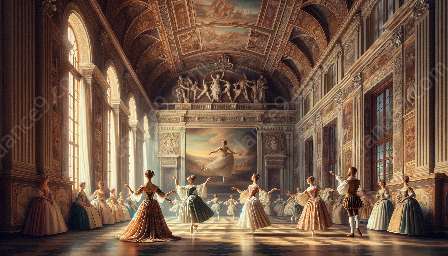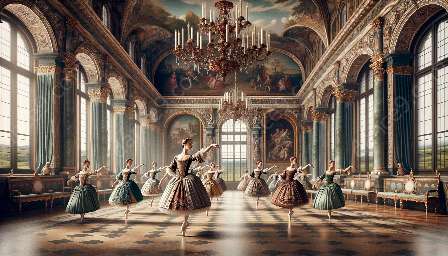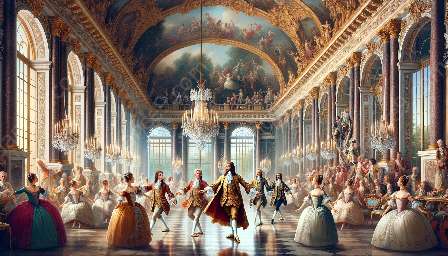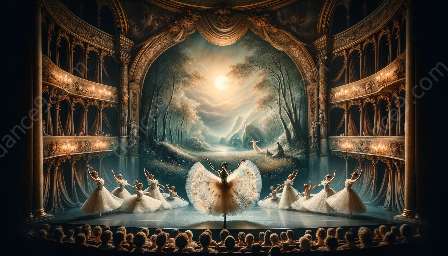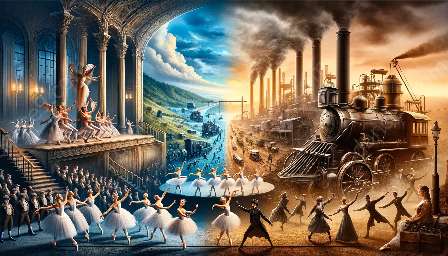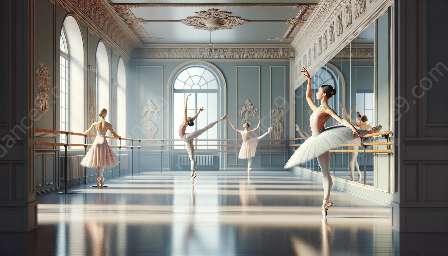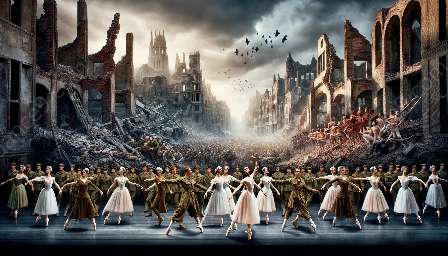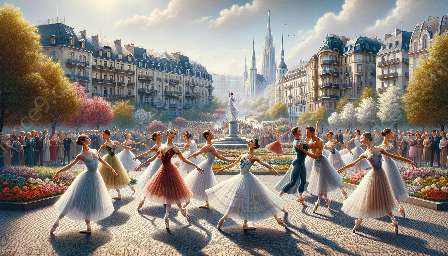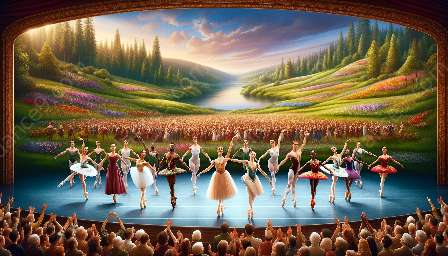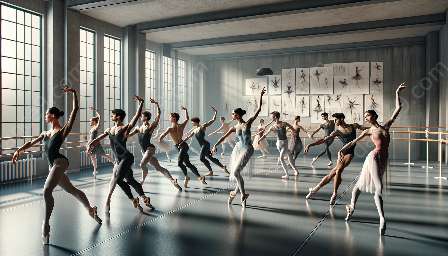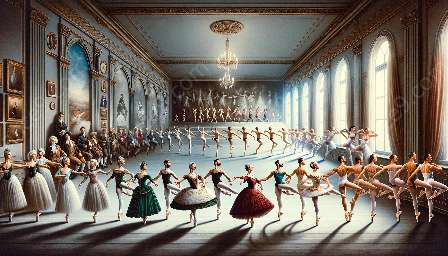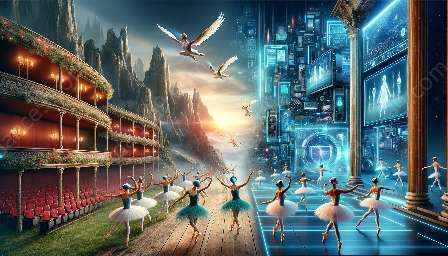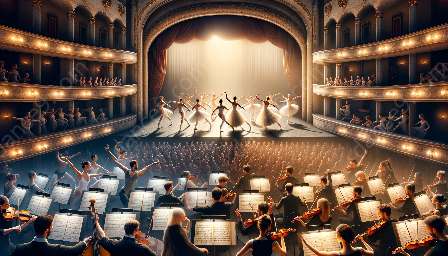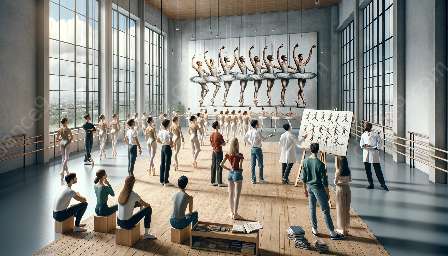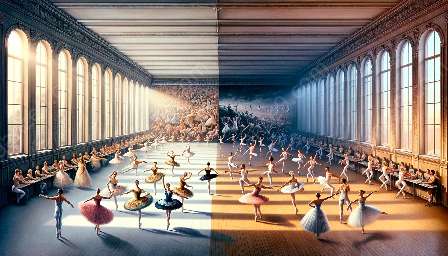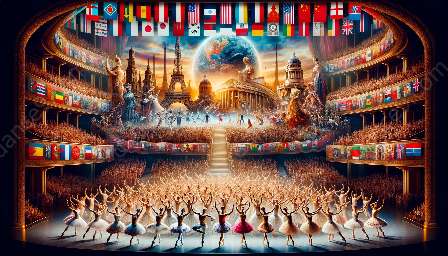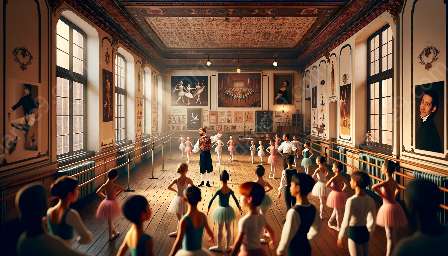Classical ballet is not merely a form of dance, but an art form that encompasses history, theory, and principles that have had a profound impact on culture.
The History and Theory of Classical Ballet
Classical ballet has roots in the 15th-century Italian courts, evolving into a highly technical dance form with defined training methods and vocabulary of movement. The theory behind classical ballet includes the principles of turnout, body alignment, and the codification of movement.
Connection to Ballet History
The history of classical ballet is intertwined with the evolution of dance and art. From the influential works of ballet pioneers such as Marius Petipa and George Balanchine to the development of iconic ballets like Swan Lake and The Nutcracker, the impact of classical ballet on history is undeniable.
Cultural Significance
Classical ballet plays a crucial role in shaping culture and society. It has inspired countless works of art, literature, and music, influencing fashion and even redefining gender norms. The timeless stories portrayed through ballet resonate with audiences worldwide, transcending language and cultural barriers.
Impact on Art and Music
The visual and auditory elements of classical ballet have significantly influenced art and music. Ballet performances often serve as inspiration for painters, sculptors, and composers, leading to the creation of timeless masterpieces that reflect the grace and elegance of ballet.
Reflection of Societal Values
Classical ballet reflects and sometimes challenges societal values. Through its portrayal of love, tragedy, and triumph, ballet serves as a mirror to the human experience, prompting audiences to contemplate their own beliefs and emotions.
The Enduring Legacy of Classical Ballet
The enduring legacy of classical ballet is evident in its continued relevance in modern culture. The discipline and grace instilled by classical ballet training are traits that extend beyond the stage, impacting individuals in their personal and professional lives.


